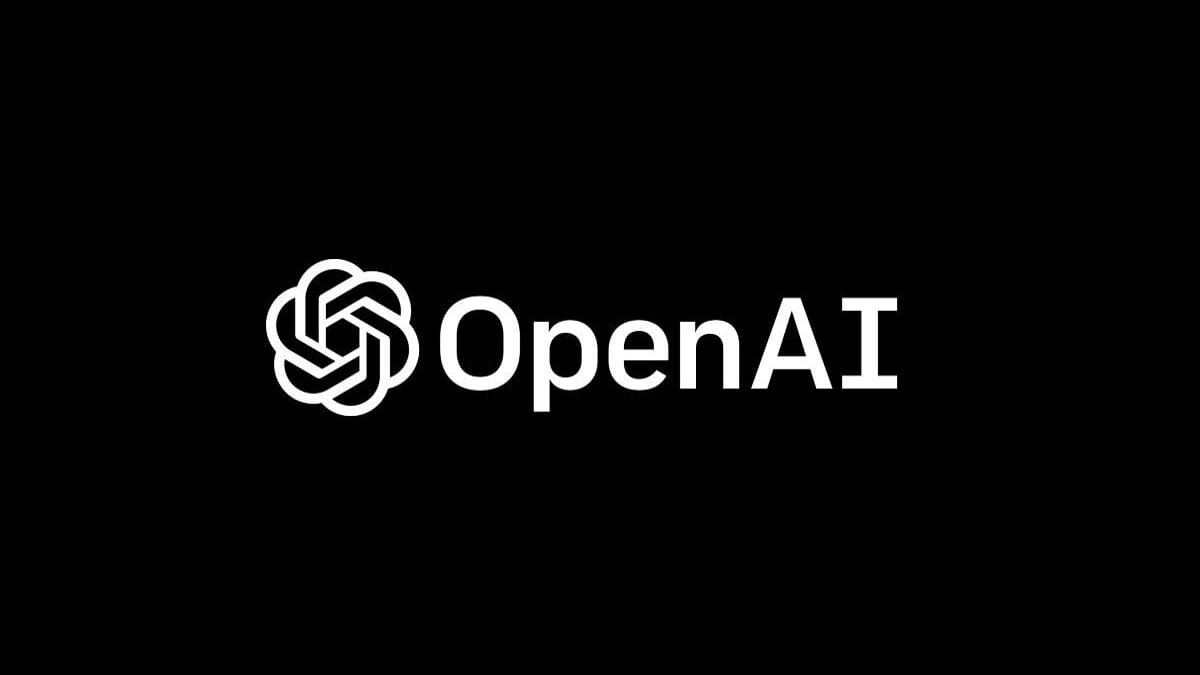OpenAI, the startup behind the popular chatbot ChatGPT, announced on Tuesday that it is launching ChatGPT-4, a newer model of the colossally successful ChatGPT.
According to OpenAI, the new model is capable of processing and generating content from both text and images. This means, for example, it can provide recipe suggestions based on photos of ingredients. In addition, ChatGPT-4 has the capacity to process up to 25,000 words, which is about eight times more than ChatGPT’s capacity.
The launch is expected to intensify competition between Microsoft and Alphabet Inc.’s Google, which are both backers of OpenAI. Microsoft has integrated GPT-4 into its Bing search engine and is expected to showcase AI for its Word processor, likely powered by OpenAI.
According to OpenAI, ChatGPT-4 is more reliable, creative, and can handle much more nuanced instructions compared to its predecessor, ChatGPT-3.5. In a simulation of the bar exam required of U.S. law school graduates, the new model scored around the top 10% of test takers, while the older model ranked around the bottom 10%. OpenAI’s president, Greg Brockman, demonstrated GPT-4’s capabilities, showing how it could create a website from a hand-drawn mock-up and help individuals calculate their taxes.

The launch of GPT-4 signals how office workers may turn to ever-improving AI for more tasks and how technology companies are locked in competition to win business from such advances. In response to OpenAI’s launch, Alphabet Inc.’s Google announced a “magic wand” for its collaboration software that can draft virtually any document. OpenAI also noted that GPT-4 is “most capable and aligned” with human values and intent, though “it is still flawed.”
OpenAI claims that GPT-4 is 82% less likely to respond to requests for disallowed content than its predecessor and scores 40% higher on certain tests of factuality. Inaccurate responses known as “hallucinations” have been a challenge for many AI programs. Microsoft is expected to benefit from GPT-4’s adoption, as it is integrating OpenAI’s latest technology into its products and Azure cloud. According to Rishi Jaluria, an analyst at RBC Capital Markets, “Whenever a company uses this piece of technology, those workloads go through Microsoft Azure, and I think this is coming at a very critical time.”






